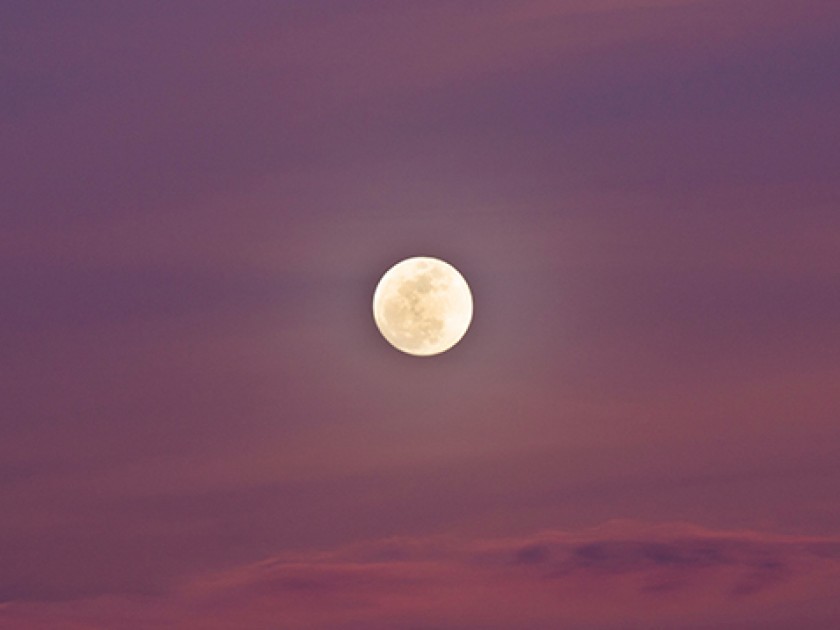
Dorothea Lasky is writing here as part of Jewish Book Council’s Visiting Scribe series.
Whenever I finish a book of poems, I get a little wistful, a little romantic and sad. The book has become what it is, just like the way when something or someone dies, everything that they were becomes what it was. Books and their meanings are absolutely malleable to their future readers, but to their writers, they become a little fixed, especially right after they’ve taken their place in the world. What they could have been, when there was still time to change them, is over. They are what they are. Right now Milk is what it is.
For me, poetry is always tied up with my spirituality, which is a rotating sense of the world, the other world, and my place within these things. I am Jewish, but not exactly practicing. I was raised as a reform Jew (I was bat mitzvahed, confirmed in Sunday School, and even taught Sunday School at my temple for a while). For too many reasons to list here, I have become a bit estranged in my daily life from this background.
My mother, a brilliant and vibrant artist, was raised Jewish in Los Angeles and has spent much of her life revisiting her relationship to her own sense of the spiritual world. My father, a great man, was raised as an Orthodox Jew at the beginning of last century in St. Louis, but became reform in his adult life. We never talked too explicitly about it, but he hinted at preferring to come to his relationship to Judaism in his own way.
In my daily life now, I have come to Judaism in my own way. For me, my Judaism is so tied up with my poetry that they have become in many ways the same thing.
People often want to know what books mean, but I don’t think a poetry book has to have one strand of meaning. I think that poetry books have themes they are working with, and I think that Milk’s themes are motherhood, creativity, and the occult. Originally, Milk was going to be an occult text — a book of spells — based on the moon. I think I will write that book one day, but I knew when I was working on Milk that it wasn’t that book.
Still, in original versions of the book, I had many poems that dealt explicitly with spirituality. Here is one of them that didn’t make it in:
I used to be a witch
I used to light the candles in the hallway and say your name
Say it was what it was supposed to be
Say love me love me I used to say love me
I used to wear a long black coat
And swab my staff at everything
I used to sing and sing and it was for nobody
Except the ghouls who peered at me from under the bed
I used to kill off the dead
Until they were my lovers
I used to pin the legs above the head
Until I could have my way with the dead
I used to take your spirit out and put it my pocket
And ride a horse that did not exist
I used to go in, with a dark cat
And mix a thousand herbs together
But it was the new year
And the cats, instead of keeping still
Wanting to cry into the morning
I used to sit alone, I used to be a witch
Then you came along
I used to be only what the nighttime knew
But now you’re the witch, little thing
And on a golden broom, I’ve sent you flying
Through the stars
And the moon
The people will now look at you
And this time
The spell will only be
For living
This poem was written to my then-newborn daughter (who was meant to be the new “good witch” at the end of the poem). In my previous books, particularly the one before Milk, I feel that I have taken up themes of spite, envy, and revenge. I wanted Milk to be quite frightening, but basically “about” love. I wrote this poem because after the birth of my daughter, life became about love for me, and the real power of it.
The poem didn’t make it in because it was explicit in some ways that I didn’t like. Although some of my spiritual practices now resemble a type of witchcraft, I didn’t like the flattening of the way I used the word in the poem. Especially because there are connotations now of the word “witch” I don’t like, that popular and internet culture has taken up in sometimes a flippant way.
As I grow older, I long for some relationship to my Jewish ancestors who I know did so much so that I could be here, writing these books and writing to you now. They were poets and witches, too. This poem is about being done with a solitary kind of spiritual practice and infusing my relationship to the other world with the idea of creativity and new life through the future iterations of the word.
These days once I have finished something, I just start thinking of the next thing I need to do, rather than celebrating what I’ve done as I probably should.
Maybe even writing that I should is a kind of celebration. Maybe it’s time now to celebrate.
So, let’s raise our glasses of whatever water now. To Poetry!